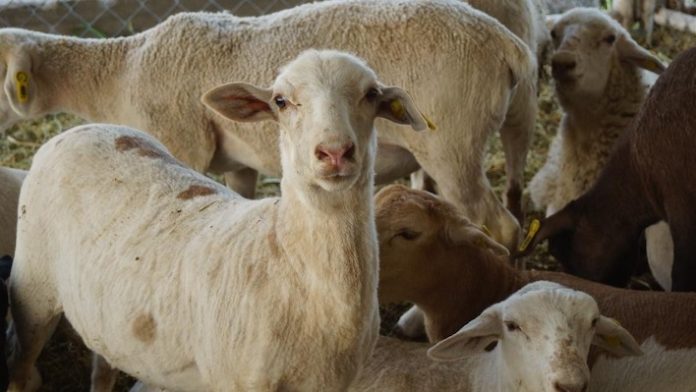
The Consejería de Agricultura, Pesca, Agua y Desarrollo Rural (Regional Ministry of Agriculture, Fisheries, Water and Rural Development) published on 15 May the first decision on aid to affected livestock farmers to compensate for the extraordinary costs generated by the outbreaks of sheep and goat pox. This first publication benefited 110 affected livestock farmers registered in the Granada regions of Baza (Southern Altiplanicie) and Huéscar (Northern Altiplanicie) and in the Almeria areas of Alto Almanzora and Hoya-Altiplanicie, with a total of more than 500,000 euros.
As published today on the website of the Regional Ministry of Agriculture, Fisheries, Water and Rural Development in the second resolution 50 more farmers are supported with an amount of 686,500 euros, therefore, the aid issued is more than 1.3 million euros. With the two resolutions issued, 160 farmers affected by sheep and goat pox, who have had to confine their animals to avoid spreading the disease to farms in neighbouring counties and provinces, have been subsidised.
The first outbreak of sheep and goat pox was recorded in September 2022 and from that moment onwards the Ministry of Livestock started the necessary actions to control and eradicate the disease. The general director of Agricultural and Livestock Production, Manuel Gómez, highlights the value of the sheep sector, which «represents 11% of livestock farming in Andalusia and is an important source of jobs, with 2 million daily wages». «This aid compensates for the effort made by farmers to keep their animals immobilised and to remove manure and contaminated feed from their farms, which has generated the unforeseen expense of feeding their sheep and goats with feed,» explained Gómez.

The VOC is an infectious viral disease which, as well as having an impact on the animals, can affect the profitability of livestock farms by disrupting the movement of livestock and their produce, both within and outside the European Union. This area has reinforced biosecurity measures and established restrictions on the movement of livestock. This protection initiative has resulted in a total of 210 livestock farms and around 45,000 head of livestock being subject to movement restrictions on animals and products such as manure and feed.
The Director General thanked the farmers, veterinarians from the Agrupaciones de Defensa Sanitaria Ganadera (ADGS), technicians from the Regional Ministry and the Granada and Almeria delegations and the staff of the Baza, Huéscar and Alto Almanzora Regional Agricultural Offices for their efforts to control such a serious disease as sheep and goat pox.